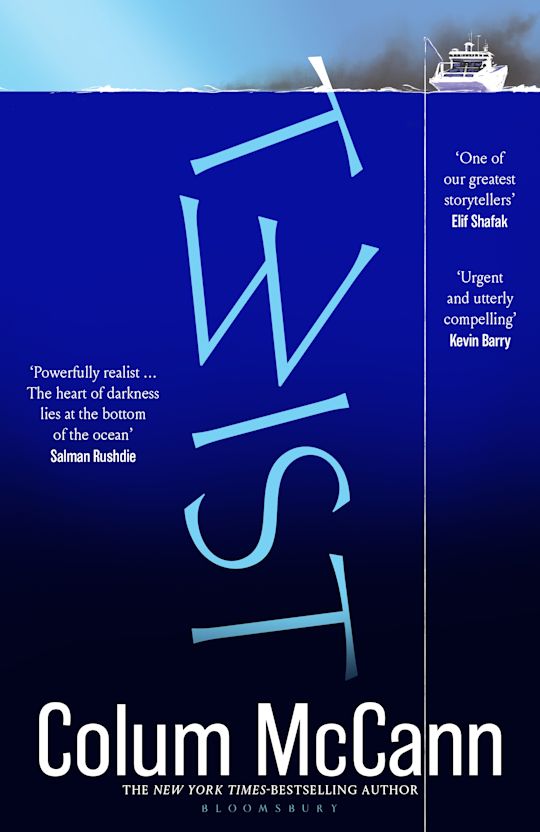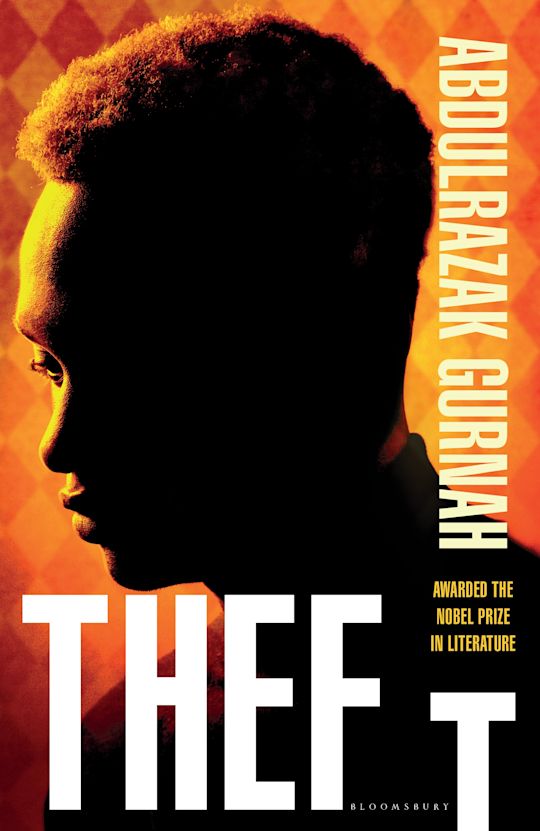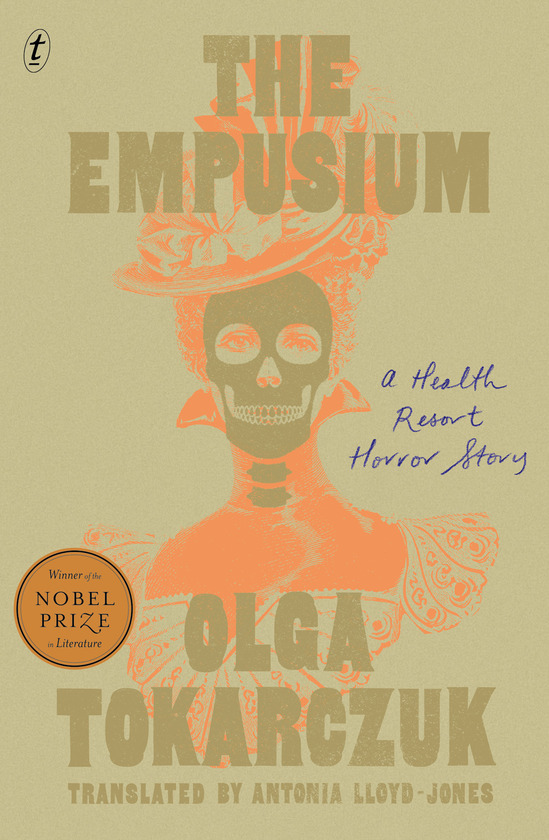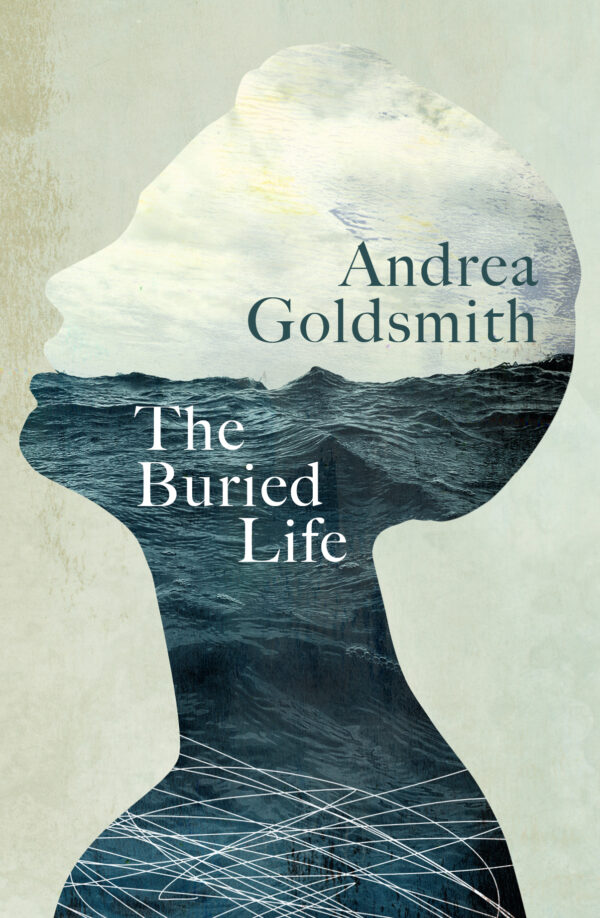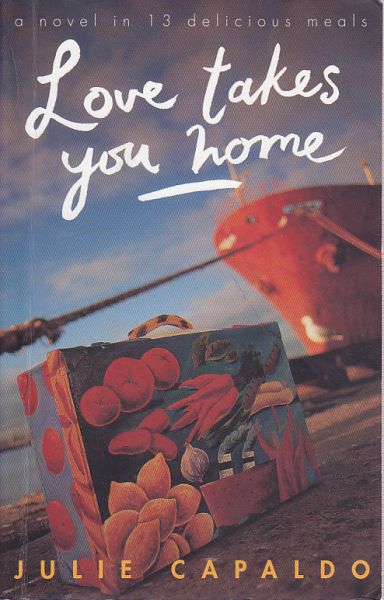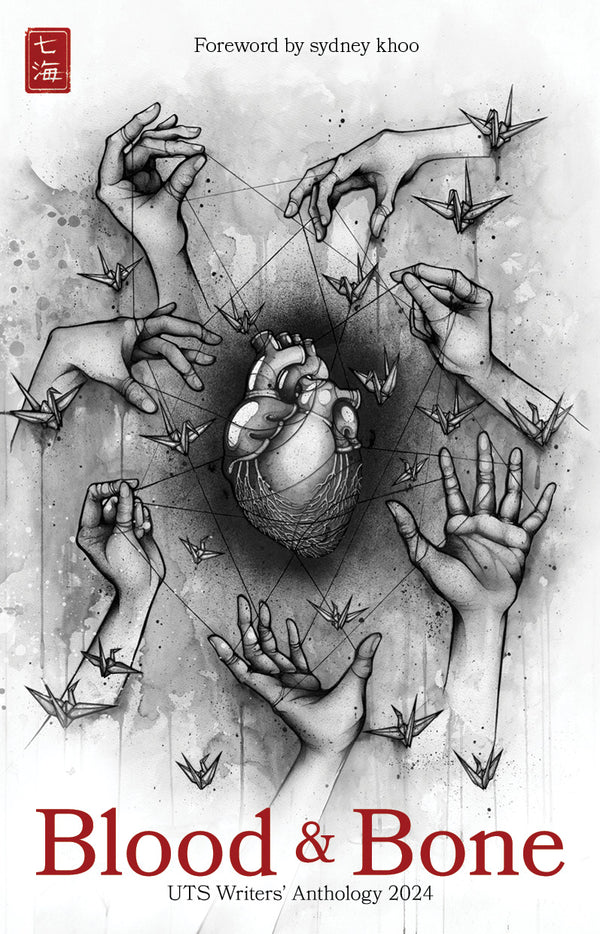Fact or fiction, cookbook or novel, the recipe is a unique discourse, embedded within other discourses, with its own narrative relationships with those discourses. The giving of a recipe is important, as is the sharing or, indeed, the unauthorised acquisition. The author of the recipe is equally important, as is the response elicited by the author for that which is desired. It is a social exchange, above all; some would say one that is exclusively feminine, but not necessarily so for Julie Capaldo in her first novel, Love Takes You Home.
...
(read more)





